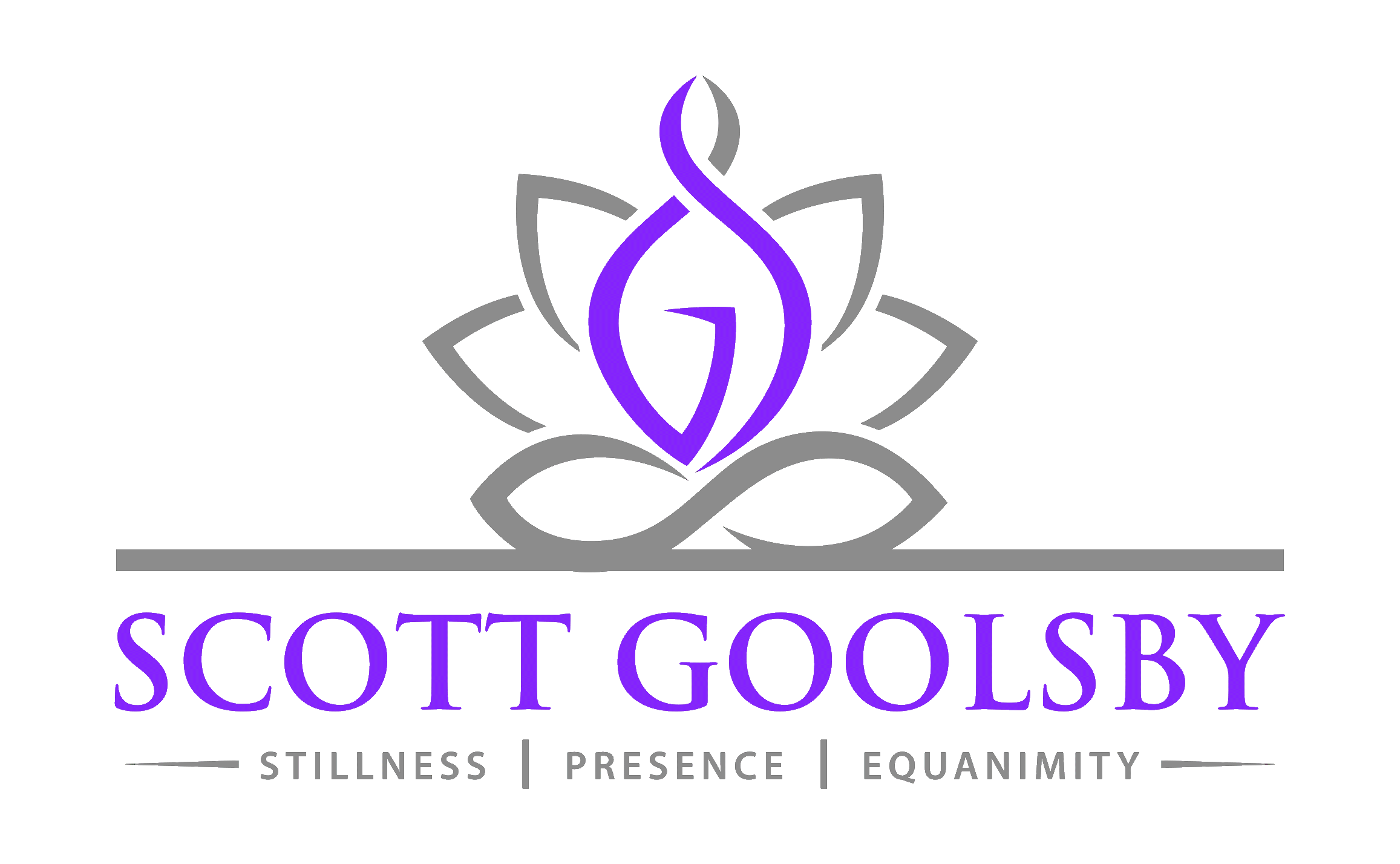One of the primary teachings in Buddhism is that our thoughts are integral in the generation of our realities. Our experienced reality is largely shaped by what we think and how we perceive the world. Each one of us sees things differently from the other and these different way of thinking are not intrinsically “good” or “bad” but we have this tendency to label them as such. Then we become attached to these thoughts. We even label them as “my” thoughts. We erroneously view these thoughts as being a part of us, a definition of us, a story of us. “This is MY anger” or “This is MY joy”. We think they have such realness. Wars are created over these differing views of perceptions, but perception is subjective. We place ourselves in self imposed hells or magnificent heavens based upon what is happening in our minds. We spend enormous amounts of energy investing and maintaining these thoughts and these stories of us, making sure they are real for us, being certain that they are what define us.
In reality, these thoughts are empty. They have no intrinsic, real substantiality to them. They are etheric. The idea of them being “good” or “bad” hangs on our stories, which are more thoughts we have formed around them. 99.9% of all our suffering stems from these thoughts and from thinking that the thoughts are real, inherently existing, that the are good, that they are bad, that they are that which defines us. This, of course, is a lie. Thoughts are inherently neutral. The idea of them being good or bad, and hence our suffering around them, are all created in our mind.
The way out of this is the recognition of the emptiness of thoughts and that our perceptions are highly filtered. When we are disturbed, it is because of thoughts occurring in our mindstream. We may believe it to be because of an action, but it is due to our thoughts around the action, the stories we create to explain and own the action. In the recognition that these are simply thoughts forming and passing through our mindstream, we gain clarity and freedom from the mind. There is less suffering. Often the analogy is made that thoughts are like clouds passing through a clear sky. The thoughts and emotions are those clouds, they come and they go, yet the underlying sky remains the same: clear, and unadulterated. It is the same with the mind.

